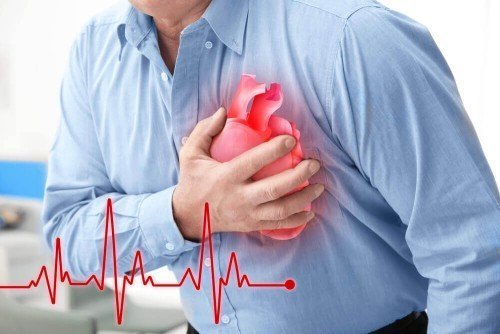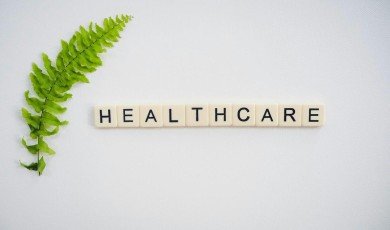
Overview
A heart attack occurs when the flow of blood to the heart is severely reduced or blocked. The blockage is usually due to a buildup of fat, cholesterol and other substances in the heart (coronary) arteries. The fatty, cholesterol-containing deposits are called plaques. The process of plaque buildup is called atherosclerosis.
Time is an intricate factor when dealing with a heart attack. When plaque ruptures, it can create detrimental clots that block the flow of blood, preventing oxygen and nutrients from reaching essential areas in the body—particularly to parts of the heart muscle which can be destroyed as result. Known clinically as myocardial infarction, immediate assistance must be attained or death may occur; if you suspect yourself having a heart attack seek 911 help straight away.
Symptoms
Symptoms of a heart attack vary. Some people have mild symptoms. Others have severe symptoms. Some people have no symptoms.
Common heart attack symptoms include:
Chest pain that may feel like pressure, tightness, pain, squeezing or aching
Pain or discomfort that spreads to the shoulder, arm, back, neck, jaw, teeth or sometimes the upper belly
Cold sweat
Fatigue
Heartburn or indigestion
Lightheadedness or sudden dizziness
Nausea
Shortness of breath
Women may experience sudden or sharp pain in the neck, arm or back as a warning sign of an impending heart attack. While this is generally unexpected, many people find that they have been feeling symptoms such as angina (chest pains) hours to weeks before it fully manifests. Such chest pressure and pain can recur even with rest — thus shouldn't be taken lightly if felt on multiple occasions.
When to see a doctor
Get help right away if you think you're having a heart attack. Take these steps:
Call for emergency medical help. If you think you're having a heart attack, immediately call 911 or your local emergency number. If you don't have access to emergency medical services, have someone drive you to the nearest hospital. Drive yourself only if there are no other options.
Take nitroglycerin, if prescribed to you by a health care provider. Take it as instructed while awaiting emergency help.
Take aspirin, if recommended. Taking aspirin during a heart attack may reduce heart damage by preventing blood clotting.
What to do if you see someone who might be having a heart attack
If someone is unconscious and you think they're having a heart attack, first call 911 or your local emergency number. Then check if the person is breathing and has a pulse. If the person isn't breathing or you don't find a pulse, only then should you begin CPR.
If you're untrained in CPR, do hands-only CPR. That means push hard and fast on the person's chest — about 100 to 120 compressions a minute.
If you're trained in CPR and confident in your ability, start with 30 chest compressions before giving two rescue breaths.








